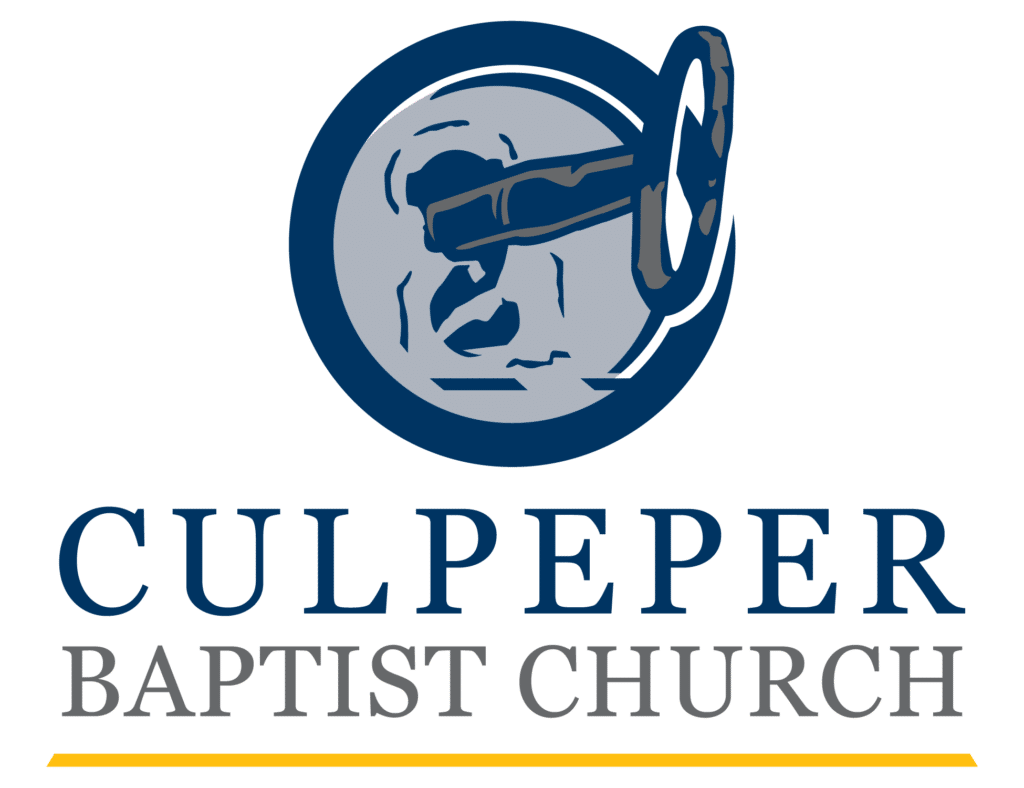The Antidote to Spiritual Amnesia
Before We Gather by Zach Hicks
| Scripture
Read Psalms 105:1-6; 106:8-13
| Devotion
Medical science tells story after story of trauma victims who suffer from amnesia-the inability to remember. Sometimes the trauma is physical. A blow to the head can result in short or long-term memory loss. Sometimes the trauma is emotional and psycho- logical. To avoid crippling psychological pain, victims of abuse can lock up significant memories in forgotten chambers of their brains and hearts.
A similar dynamic is at play for Christians when it comes to accepting the truth of their ongoing condition (Rom. 7:19-21; Gal. 5:16-17). A Christian is someone who has been quickened by the Holy Spirit and awakened, therefore, to the truth: the truth of who God is as sole creator, sustainer, and redeemer; and the truth of who we are as helpless, aimless sinners apart from his grace. That second truth-the truth of who we are – is a truth that humanity has been avoiding since our first ancestors walked the earth (Gen. 3:8). It’s not easy to hear that we are defenseless, dependent creatures. In fact, it’s downright traumatic.
And so, even as Christians who have tasted and seen that the Lord is good, we develop defense mechanisms, including a kind of spiritual amnesia. On a daily basis, our three enemies-the world, the flesh, and the devil-combine forces to help us forget who we really are. The world and the devil tell our flesh the lies it wants to hear: “You’re growing stronger. You’re less dependent. You can stand on your own two feet. Things aren’t so bad.” Spiritual amnesia is forgetting that we were created as dependent creatures, and that we were redeemed back into the freedom of that dependence. And this is where worship comes in. Worship exists to retell the sacred stories that our fleshly amnesia is always trying to forget.
The book of Psalms is designed to help us remember. It is divided into five books-five sub-collections to mirror the five books of Moses, as if to say, “If you sing and pray these words, you sing and pray the whole story.” It’s not insignificant that at the close of the fourth book, Psalms 105 and 106 retell and respond to the stories of redemption.
Psalm 105 opens by commanding us to come to worship and “give thanks to the LORD” and to “make known his deeds among the peoples.” Then it walks through the story of those deeds: Abraham the wanderer, protected by God (vv. 12-15); Joseph the slave, positioned to save Israel from famine (vv. 16-22); and Moses the liberator, raised up to lead Israel out of slavery (vv. 26-45).
It’s funny, though. Turn the page over to Psalm 106 and, after being summoned to praise once again, you’re immediately thrust into one long confession, which basically goes like this: God did all these wonderful things, “but they soon forgot his works” (v. 13); “they forgot God, their Savior, who had done great things in Egypt” (v. 21). It’s clear from the juxtaposition of these two worship songs-Psalms 105 and 106—that spiritual amnesia is a real thing. A daily thing.
Our worship services, therefore, must be places where our amnesia is confronted where the truth-stories of our spiritual poverty and God’s redemptive riches are told and retold, and where we freshly confess and freshly hear the good news.
Some Christians have asked over the generations, “Why do we need to confess our sins in worship? Doesn’t the Bible teach that Jesus dealt with all our sins once for all on the cross?” The issue isn’t about the scope of Jesus’ full and final work. That’s settled forever and ever, amen. The issue is that our flesh hates to remember its dependence. The issue is that we are prone to forget that story. So worship must tell it again and again. And we must con- fess it again and again.
| Prayer
Aim your prayers in this direction:
- Pray for real moments of confrontation and grace to take place in the worship service.
- Pray that worship would feel like a safe place to be real before the Lord.
- Pray that the Holy Spirit would awaken people to the way things are and cut through the fog of spiritual amnesia.
- Pray for the clarity and power of the good news of the gospel to cut through all the other messages that we tend to hear and be distracted by.


